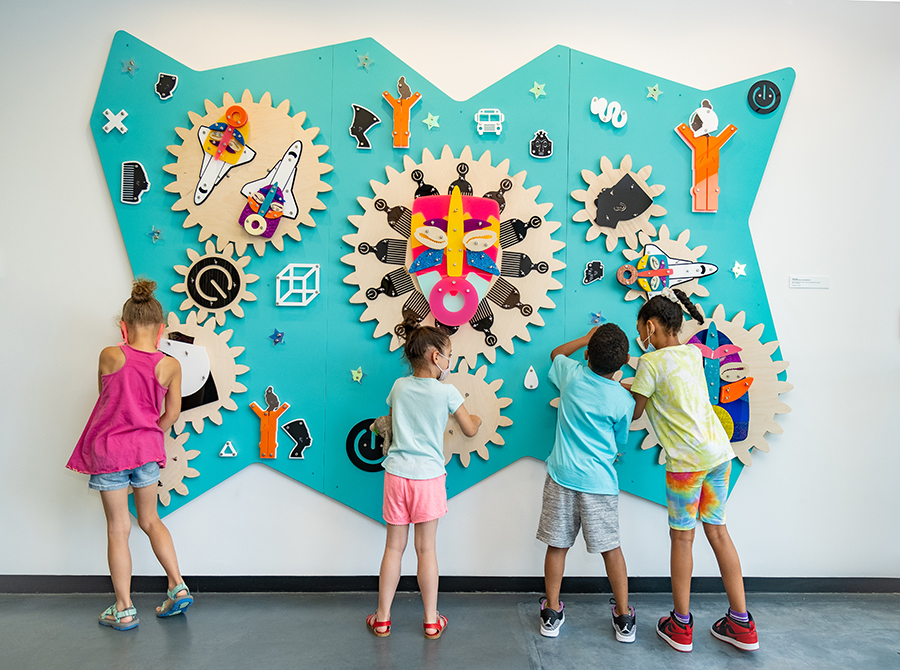Introducing Keynote Speakers: Beatriz Santiago Muñoz

Beatriz Santiago Muñoz, an artist based in San Juan, Puerto Rico, is one of the 2021 GIA Conference keynote speakers. She works in moving image with particular attention to social structures and their relationship to aesthetics. Her film and videowork is always in between the performance and its document, and sometimes unfolds into a double existence. Her work has been shown at the Tate Modern, Wattis Institute/CCA, Galería Kurimanzutto and the Guggenheim Museum. Details and registration here.
Grantmakers in the Arts’ Newest Members
GIA is pleased to introduce our newest members, Perspective Fund and Wellspring Philanthropic Fund. Welcome!
GIA at WESTAF’s 2021 Creative Vitality Summit
The Western States Arts Federation (WESTAF) announces the 2021 Creative Vitality™ Summit in partnership with the National Creative Economy Coalition, ASU Herberger Institute for Design and the Arts, Grantmakers in the Arts, and more. This year’s summit, taking place virtually on September 20-21, will feature a series of speakers, panels, and community-led discussions around how the creative economy intersects with the solidarity economy and other alternative economic models.
Join us on September 20 for GIA Vice President & Director of Programs will be moderating a session exploring the question: How can the creative economy advance racial justice? For details and registration, click here.
Join us on September 20 for GIA Vice President & Director of Programs will be moderating a session exploring the question: How can the creative economy advance racial justice? For details and registration, click here.

As Next City writes, "while the idea of scientists collaborating with musicians to create climate science-inspired music may initially sound surprising, it’s actually a very logical approach to solving a pernicious problem. If science doesn’t move people to action, maybe music will"…
In a recent piece published by The Women’s Foundation California, Meredith Youngblood has a conversation with two members of the Ruth McGuire Legacy Circle on how they "practically and emotionally invested in a feminist future" and why they chose to write Women’s Foundation California into their wills…
In a recent article, Next City tackled the concept of third places and "the importance of public space, separate from home or work, designed by and for Black people"…


